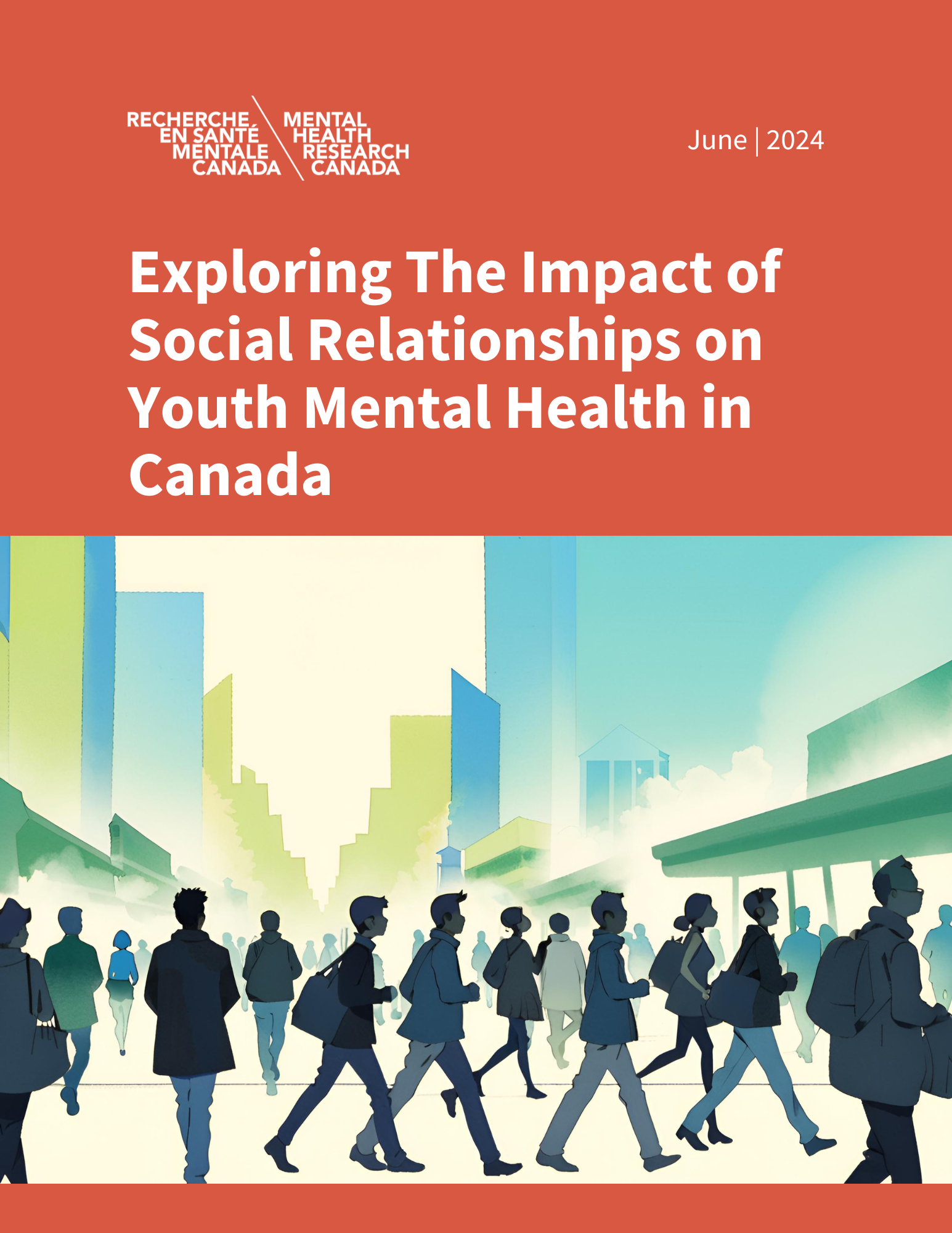Exploring The Impact of Social Relationships
on Youth Mental Health in Canada
ABOUT THE REPORT
This information was collected July 2022 – January 2024, for Polls 13 – 19 of our Canada-wide survey. This data represents 17,109 respondents aged 16 and older who answered questions about their mental health in an online survey.
As part of a series of research reports that addresses the need for evidence-based insights on youth mental health, this report aims to explore mental health indicators among younger Canadians and the protective factors of social relationships and resilience.
MHRC latest data reveals that young Canadians are most vulnerable to higher ratings of depression and anxiety, along with higher suicide ideation and suicide attempt planning.
Consistent with previous research, it was found that the effects of positive social relationships, social support, and higher resilience levels reflect lower reports of suicidal ideation and suicide attempt planning, as well as lower depression and anxiety ratings.
Key Findings:
Among the age groups, young Canadians (ages 16 – 24) reported less positive social relationships than all other age groups (33% reported always having good relationships, and 46% most of the time). Additionally, this age group report having less social support than other age groups.
24% of young Canadians report suicidal ideation and 8% report suicide planning. However, those numbers decrease for those who report always having positive relationships.
Youth are also more likely to self-report high anxiety (17%) and high depression (17%) levels compared to older Canadians. Individuals aged 65+ report the lowest percentage of high anxiety (5%) and depression ratings overall (6%).

